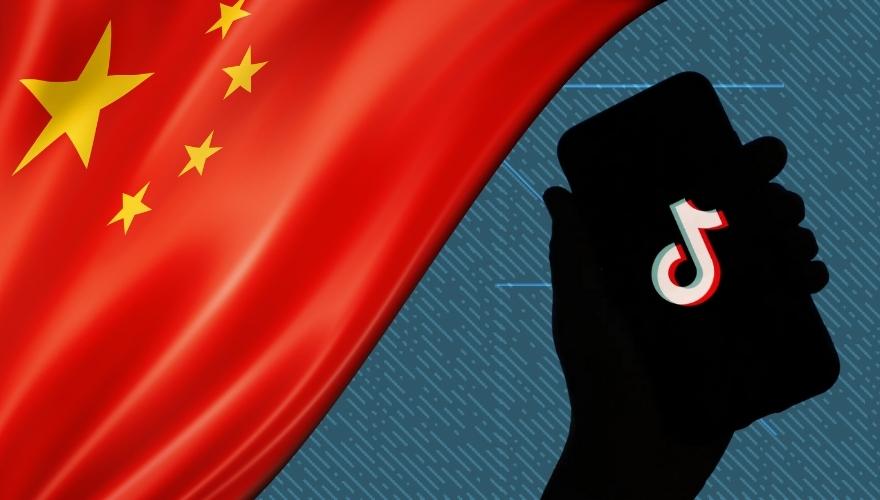The CEO of TikTok appeared before the House Committee on Energy and Commerce to answer questions about the app’s data collection policies.
Since the app’s surge in popularity in 2020, concern about possible threats to national security and infringement on user privacy has steadily climbed. Both state and federal lawmakers have taken steps to restrict the use of the app, which is owned by Beijing-based ByteDance, on government-owned or issued devices or networks.
The video-sharing platform collects a wide variety of information about users, including location, email address, contact information, cell phone carrier and internet search history. Additionally, companies based in China are legally required to help the government with data surveillance efforts.
“You damn well know that you cannot protect the data and security of this committee or the 150 million users of your app because it is an extension of the CCP,” Congresswoman Kat Cammack of Florida told TikTok’s Shou Zi Chew on March 23.
Chew tried to assuage lawmakers’ concerns about the app’s position as a potential tool through which the Chinese Communist Party can exert influence over the American public — in particular the nation’s youth.
“Since I’ve been CEO of TikTok, I’ve not had any discussions with Chinese government officials,” Chew said.
Chew testified that TikTok has never provided the Chinese government with precise or inferred GPS location information collected from American users. However, he confirmed that engineers in China currently have access to user data stores in servers in Virginia and Singapore.
“We’re deleting those and we expect that to be complete this year,” Chew told the committee, per CBS News. “When that is done, all protected U.S. data will be under the protection of U.S. law and under the control of the U.S.-led security team. This eliminates the concern that some of you have shared with me that TikTok user data can be subject to Chinese law.”
He also said that the app does collect precise location information on “a small percent” of Americans who are using a version of the app that has not been updated since 2020.
Chew was unable to say if TiktTok would commit to not selling user data or if the app specifically targets minors ages 17 years old and under.
“It’s something we can look into and get back to you,” Chew said in response to the question, which was posed by Congressman Frank Pallone of New Jersey.
“While I appreciate Mr. Chew’s willingness to answer questions before Congress, TikTok’s lack of transparency, repeated obfuscations, and misstatements of fact have severely undermined the credibility of any statements by TikTok employees, including Mr. Chew,” said Senator Mark Warner of Virginia in a statement released the day before Chew appeared before the committee.
